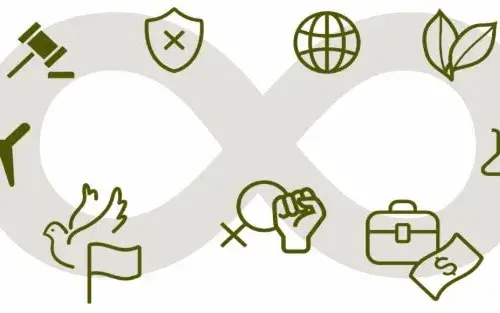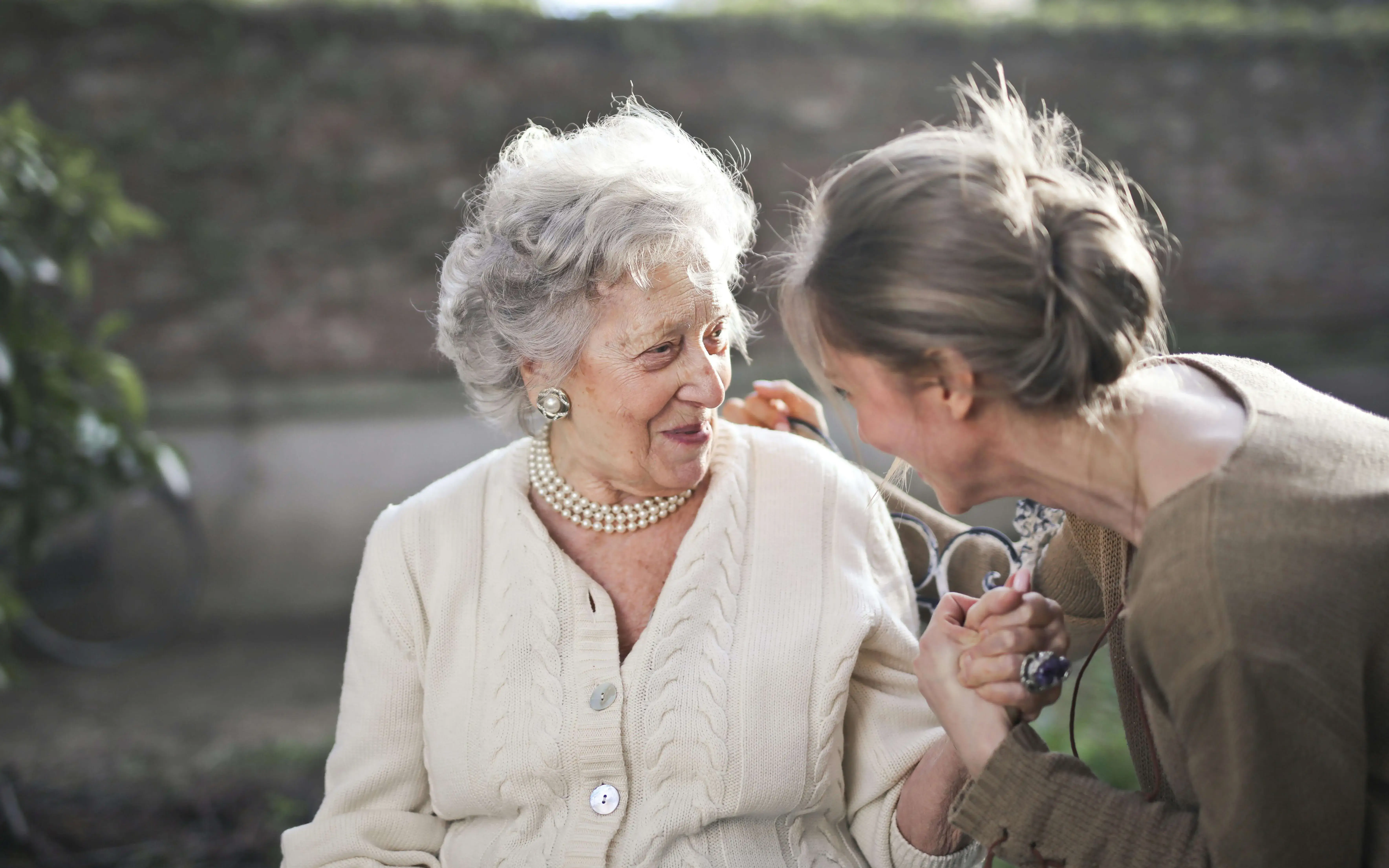The enTàndem project creates links between university volunteering and children at risk of social exclusion with the aim of encouraging children’s autonomy and self-esteem.
Laia Bernués is the territorial delegate of AFEV Barcelona, an organization that carries out the enTàndem social mentoring project which was created in France. AFEV’s mission is to promote volunteering among university students and to involve them in solidarity projects. Within the framework of this mission, this social and educational mentoring project where university volunteers accompany a child at risk of social exclusion is developed.
Before summer, the enTàndem project launched a crowdfunding campaign called SuperEuro, with the idea of making it sustainable and that one-euro contributions could help accomplish great things. This campaign has been selected to win the 2017 Teaming Awards, subject to popular vote.
In this regard, enTàndem has a long history working with different educational institutions and promoting volunteering among university students. With this, Bernués tells us in this interview how AFEV has grown since its inception in Toulouse, and how the enTàndem project has been developed in the city of Barcelona.
1. You are a university social volunteering organisation, delegation of AFEV France. What are your beginnings?
AFEV was born in France in 1991 and after a while, from Toulouse, we thought about Europeanising the project. Today, it could be said that mentoring is quite popular, but more than 25 years ago it barely was. From Toulouse, with the idea of expanding the project across Europe, we thought about bringing it to Barcelona because of the historical and cultural link between both communities. At the time, Borja, an Erasmus student from Barcelona who went to Toulouse and was an intern at AFEV, came back with the task of creating a delegation here. Shortly after, AFEV was born in Barcelona.
2. What alliances do you have with French neighbourhoods and cities?
Our ties with France are key, in fact, AFEV France is our parent entity and our lines come directly from there. For instance, we have taken our pedagogical resources, procedures, communication, etc., from there. In the beginning we pretty much relied on them and we travelled a lot to Toulouse and Perpignan. Now we are more autonomous and we have established a direct link with Paris, although we also maintain links with all delegations. This means that we meet at least twice a year, although online tools now make it easier for us to connect.
3. What motivates the university volunteers of the enTàndem project to spend their time working with the communities of the most deprived neighbourhoods?
For 80% of the enTàndem volunteers this is their first volunteering experience. Their motives vary: desire to be useful, to discover new collectives, new cultures, break down prejudices, etc. University students are aware that they are privileged young people who have opportunities that other people may not have. So, they want to give these opportunities to those who need it most. Something that really surprises them is that in the end the knowledge learned from children at risk is more than what they have taught the children. Some are surprised that the benefit is bidirectional.
4. Which universities and educational centres do you work with?
We work with the University of Barcelona, Pompeu Fabra University, UAB, the UOC (Open University of Catalonia) and Blanquerna. These are the universities with which we have more formal agreements. But we also work with private entities such as Toulouse Business School. There is a greater degree of contact from September to December. We also work with community centres, libraries, etc. There is a perception that young people don’t want to do things, but young people are very keen. Sometimes they think that volunteering takes up a lot of time but it only depends on their personal level of involvement.
5. How many hours do volunteers spend volunteering?
Firstly, volunteers do a briefing, then they do a compulsory 12-hour training which is certified by the National Volunteering Plan. Secondly, once they have completed the training, we present volunteering with families. After the presentation they meet once a week throughout the whole school year and dedicate 2 hours to the meeting, in addition to the time they spend thinking about the activities they will do that day. Then a tandem assessment is made every two months.
6. I suppose that the tasks performed are very different.
Every relationship between volunteer and child is unique. During the training we give them a list of things they can’t do. We also explain what mentoring is. In the end, since mentoring relationships are based on the bond between two people, mentor and mentee, the relationships and activities done are free and diverse. Activities range from going for a walk and having the child show the neighbourhood to the student, doing homework, visiting the student’s university, spending the afternoon at the cinema, etc. The main purpose of mentoring is to establish a bond during the tandem and to escape stereotypes. EnTàndem’s goal is to open doors and allow the children to be the protagonists of their own lives.
7. Do you have results that prove that this accompaniment has benefited children with social exclusion?
Yes, we have results. The data is interesting because it shows that the invisible child who used to sit in the back row, now dares to raise his hand and participate. 85.7% of the families think that the accompaniment has been very positive for their children. In addition, 82.2% of the families have noticed changes in their child as a result of their participation in the enTàndem project, and over half said that the accompaniment has benefited them on a personal level. Regarding changes on a personal level, 45% of the children and young people are happier, more relaxed and calm.
8. To what extent does social mentoring help improve society?
Social mentoring is closely linked to self-esteem, personal value and increased autonomy. It’s not school support, and formal mentoring lasts one or two school years, but the goal is that the time will come when it is no longer needed. When we talk about autonomy, we talk about simple tasks such as packing your backpack, organizing your schedule, learning how to take public transport. It is necessary to distinguish that there are some territories within the enTàndem project that only do mentoring and others that do both mentoring and art activities such as circus, music, drawing or comics.
9. Arts help us connect.
Arts are necessary because, for instance, when someone juggles in a circus workshop, to do it well, the balls must fall many times. Life is somewhat like that. And so is education. Children learn values, and with art and sport it is proven that energy is channelled in a different way and so aggressive behaviour and the possibility of doing drugs, among other things, are reduced.











Add new comment